5 Things Parents Need to Know About Vision and Learning
July 13, 2022
Sight is one of the key senses that children use to grow. According to the CDC, vision disability is one of the top 10 disabilities affecting adults 18 years and older. It's also one of the most common disabling conditions among children. The sad truth is that some parents don't always know how vision disability can affect the learning process, which can result in children not getting the help they need. To avoid such a scenario, here's what all parents need to know about vision and learning.
1. Strong Vision Is Critical In Young Children
It's essential for parents to realize the importance of good vision in children and how it can set the stage for success later on in life. Remember, having reliable vision is part of having good health, and from the moment a child is born, how they see the world will have a strong influence on their development. Therefore, it is important to realize that parents have an important role to play when it comes to their children's vision management. If parents ignore this important detail in their child's growth, it can have costly long-term effects. The main issues that arise with poor vision management in children are poor performance in school and hindered development.
2. Vision Effects Development From Birth
According to the American Optometric Association, it's normal for a child's eye color to change as they develop past the age of two. The normal development of infants and toddlers regarding vision can be quite wonderful. Typically, babies are able to track objects by six months, and their eyes will be able to coordinate as their color vision improves. By the time they reach two years old, their depth perception and hand-eye coordination should have improved significantly. It is important to seek medical expertise if you don't see any progress in your child's coordination.
3. Ignored Vision Disabilities Can Affect Learning
Vision and learning are closely related, so if a child has a vision disability, it might seem like they have a learning disorder
as well. However, when a child has a visual disorder, such as difficulty seeing the blackboard, it's easy to trace the root of the problem and formulate a solution. There are various vision disabilities that can make learning more difficult, including nearsightedness, farsightedness, and astigmatism. Still, there are common vision problems that have the potential to affect learning performance. Therefore, it is critical to be quick and responsive if a child is struggling with a vision disability.
4. There Are Many Signs to Watch Out For
As a parent, you may be able to tell if something is wrong with your child's vision by observing them. Your toddler may have trouble locating tiny objects on the floor or fail to point out fascinating items from a greater distance, such as an airplane flying by. You may also notice behaviors such as rubbing the eyes or blinking excessively. These can all be potential signs that there's something wrong with your child's vision development. The issue could be anything from cataracts and wandering eyes to blurry vision or lazy eyes. In any case, it's important to keep an eye out for any behavioral clues that indicate your child needs help with their vision.
5. You Should Have Your Child's Eyes Checked
Parents need to ensure that their child's vision is checked even when they don't suspect anything to be wrong with it. It is recommended that parents consider vision exams to be the norm and not an option. This is because of the significant impact that vision has on academic performance. In addition, most vision problems can not be diagnosed at home. The only way to know for certain that your child has a vision disability is to have their vision checked by a qualified health professional. The best time to have your child's vision checked is by the age of 12 months. After that, it's a good idea to have your child's vision checked periodically during their school years.
These are five of the pertinent details that parents need to know when it comes to vision and learning in children. If you suspect that your child has a learning disorder related to their vision, don't hesitate to get in touch with us. Also, contact us at Vision and Learning Center today if you have any questions about child vision and learning.

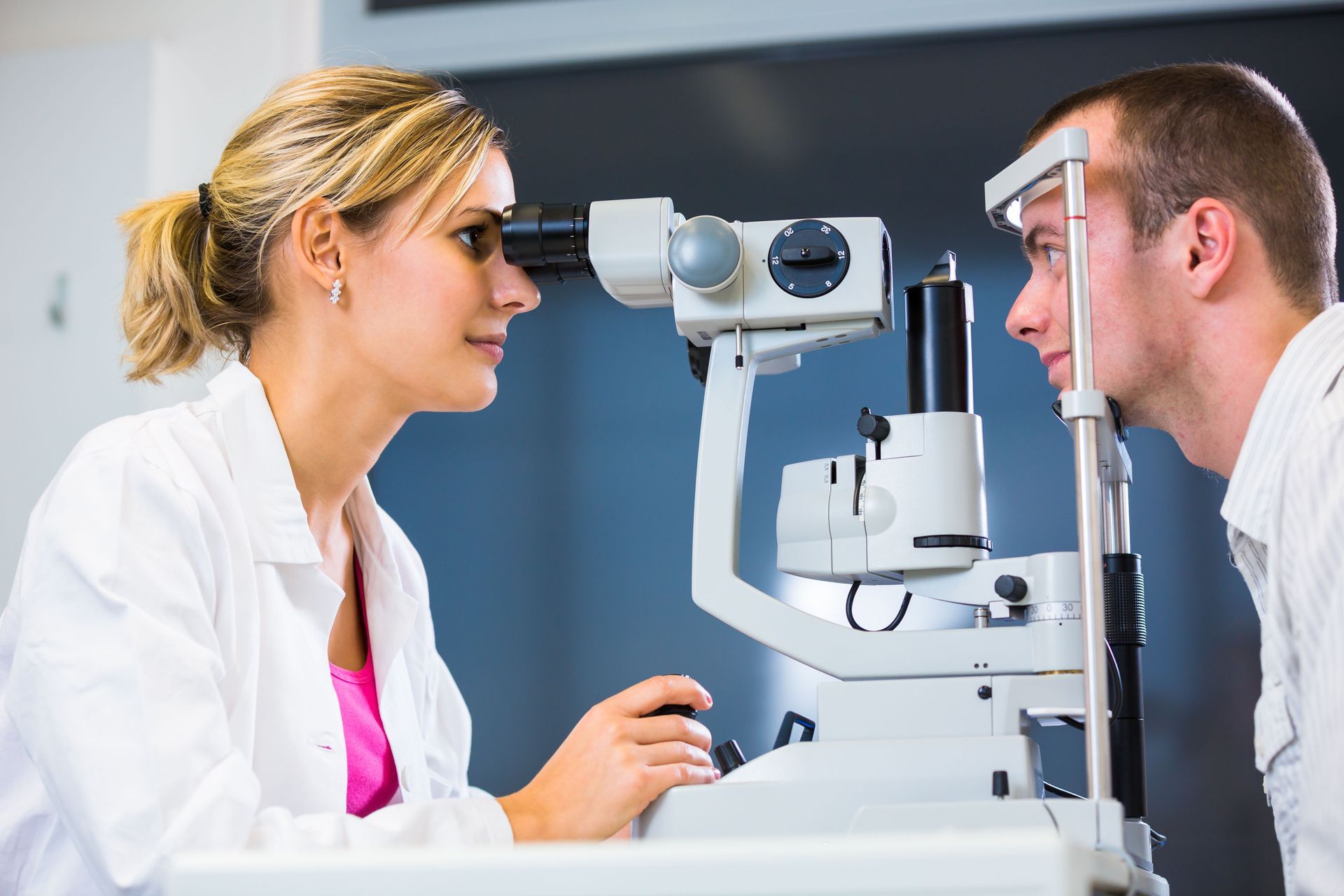
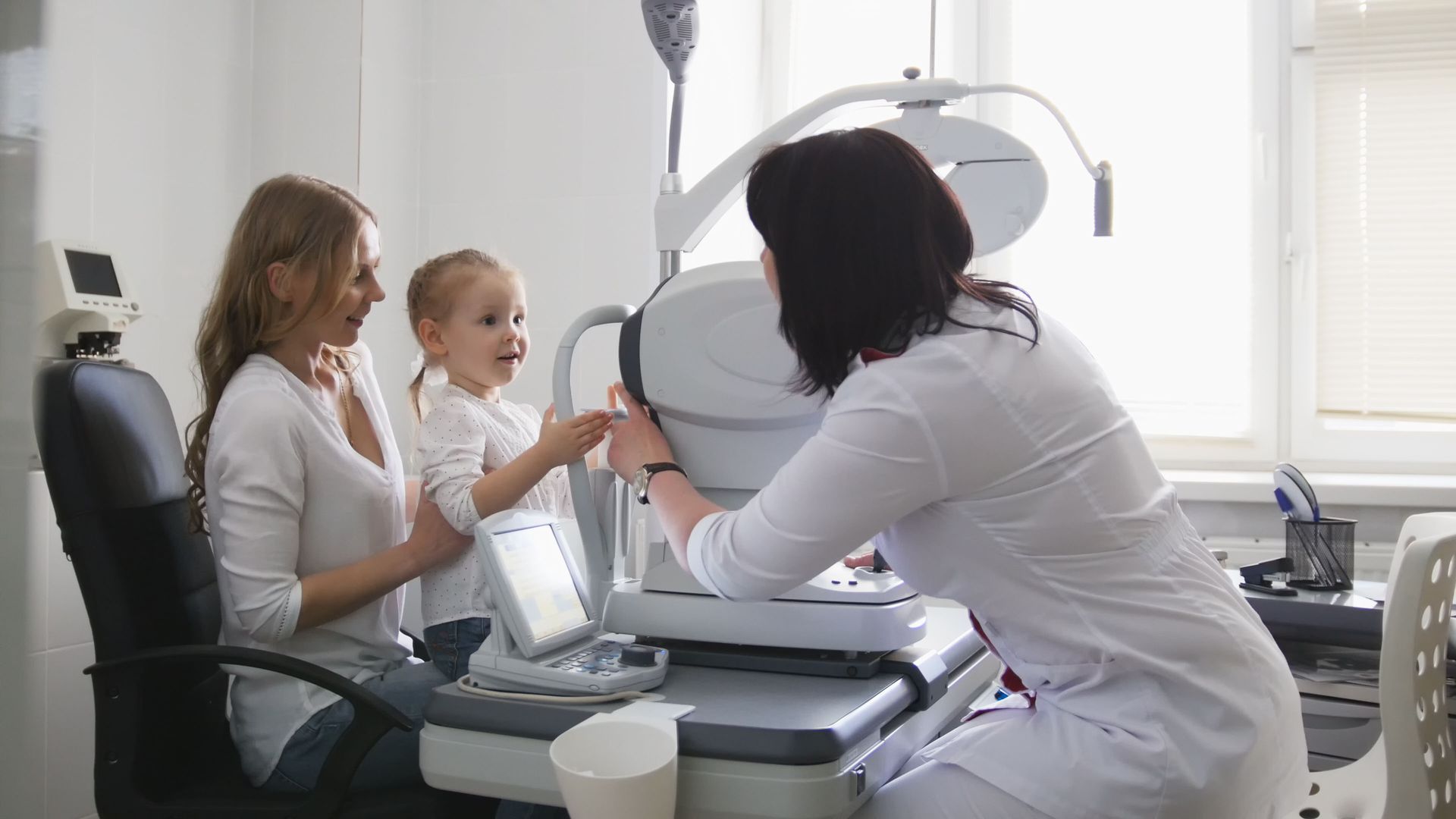
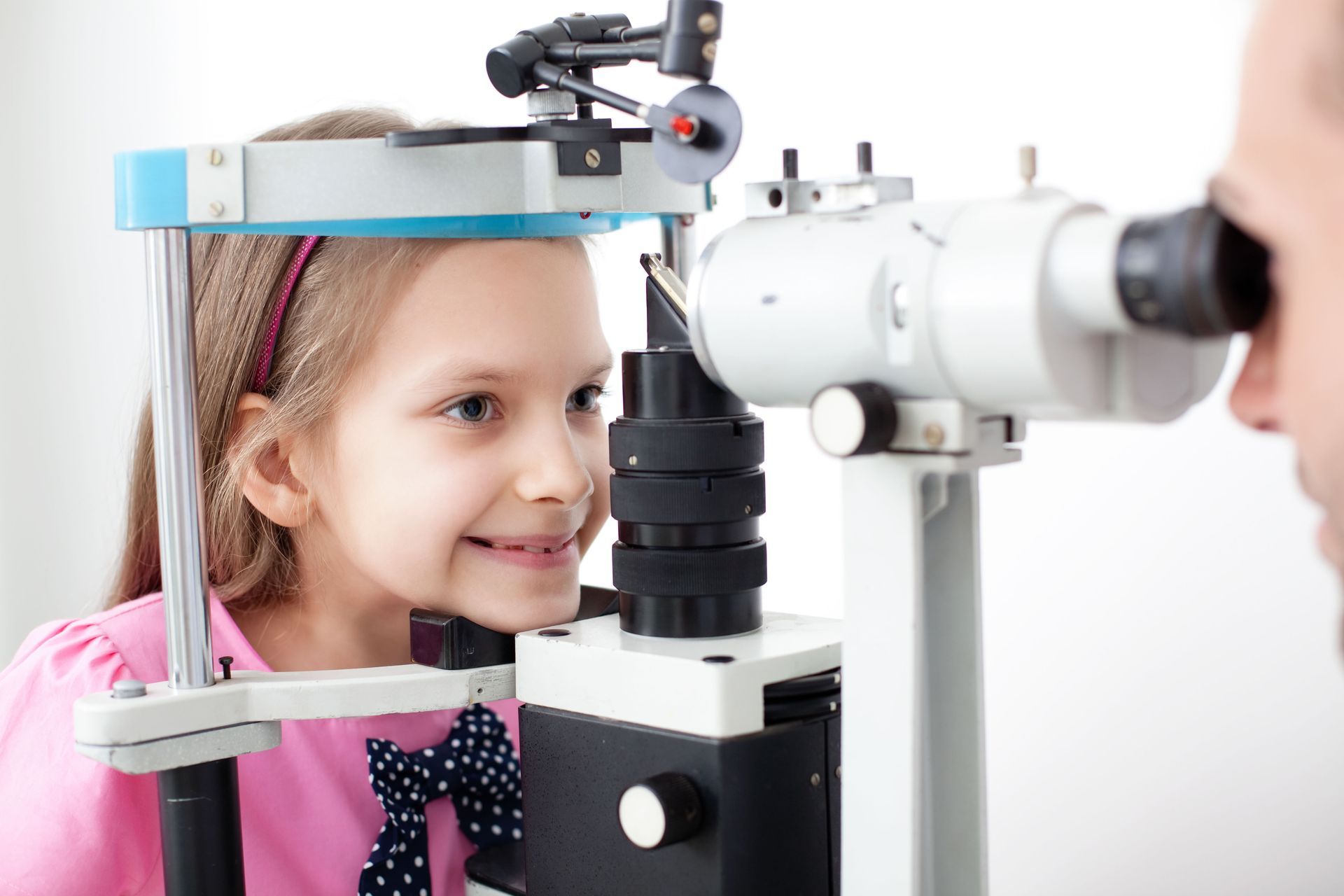
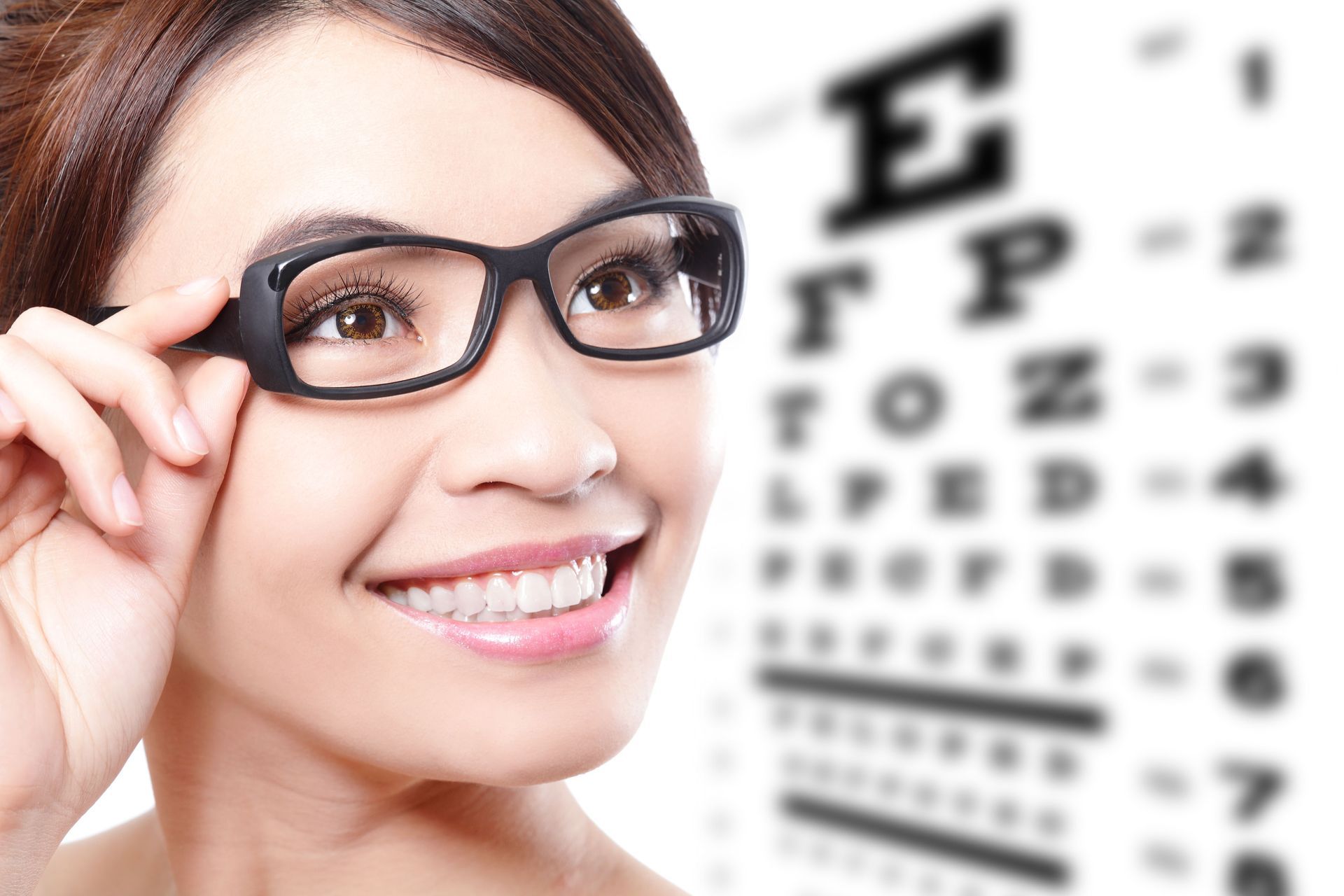
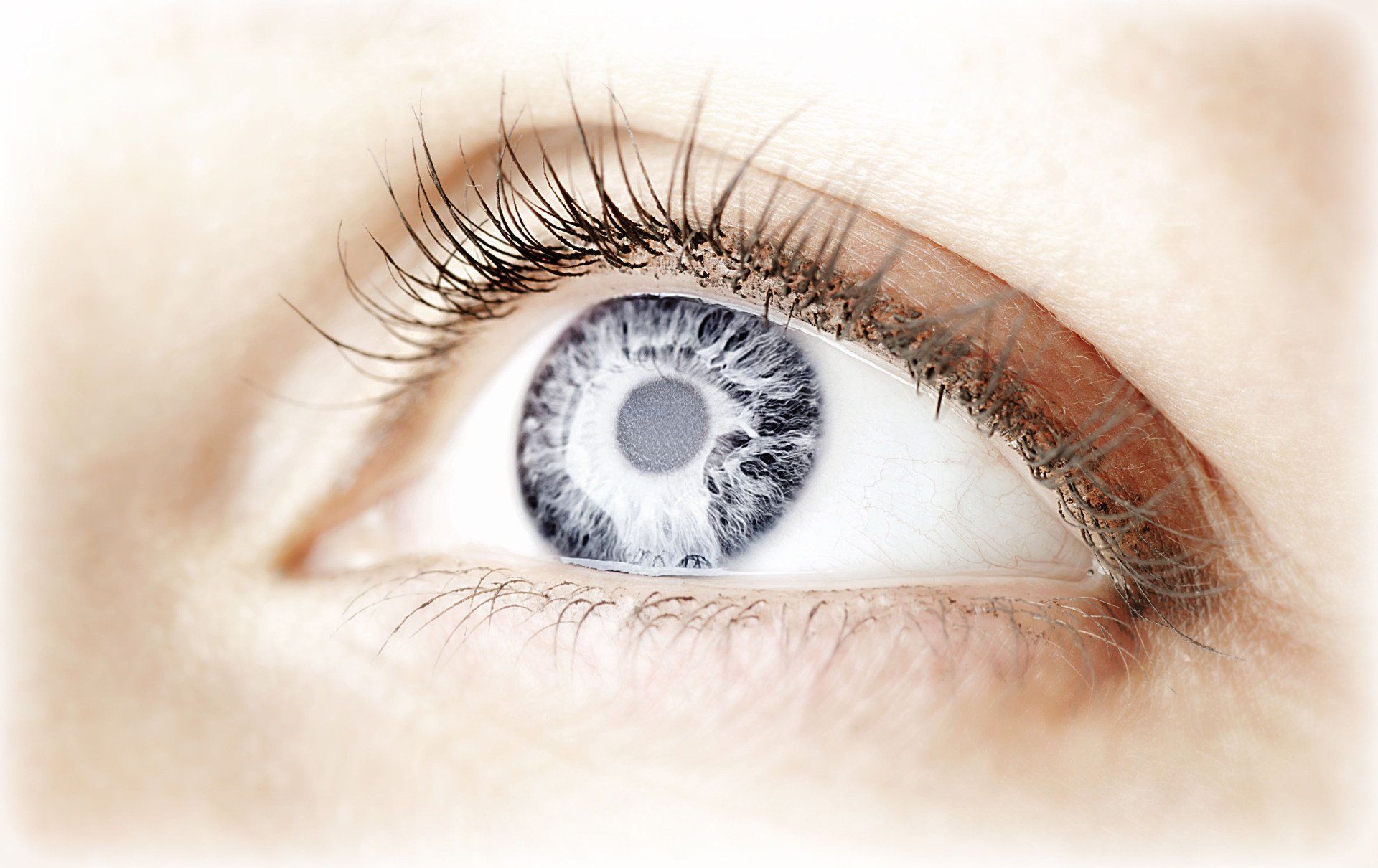
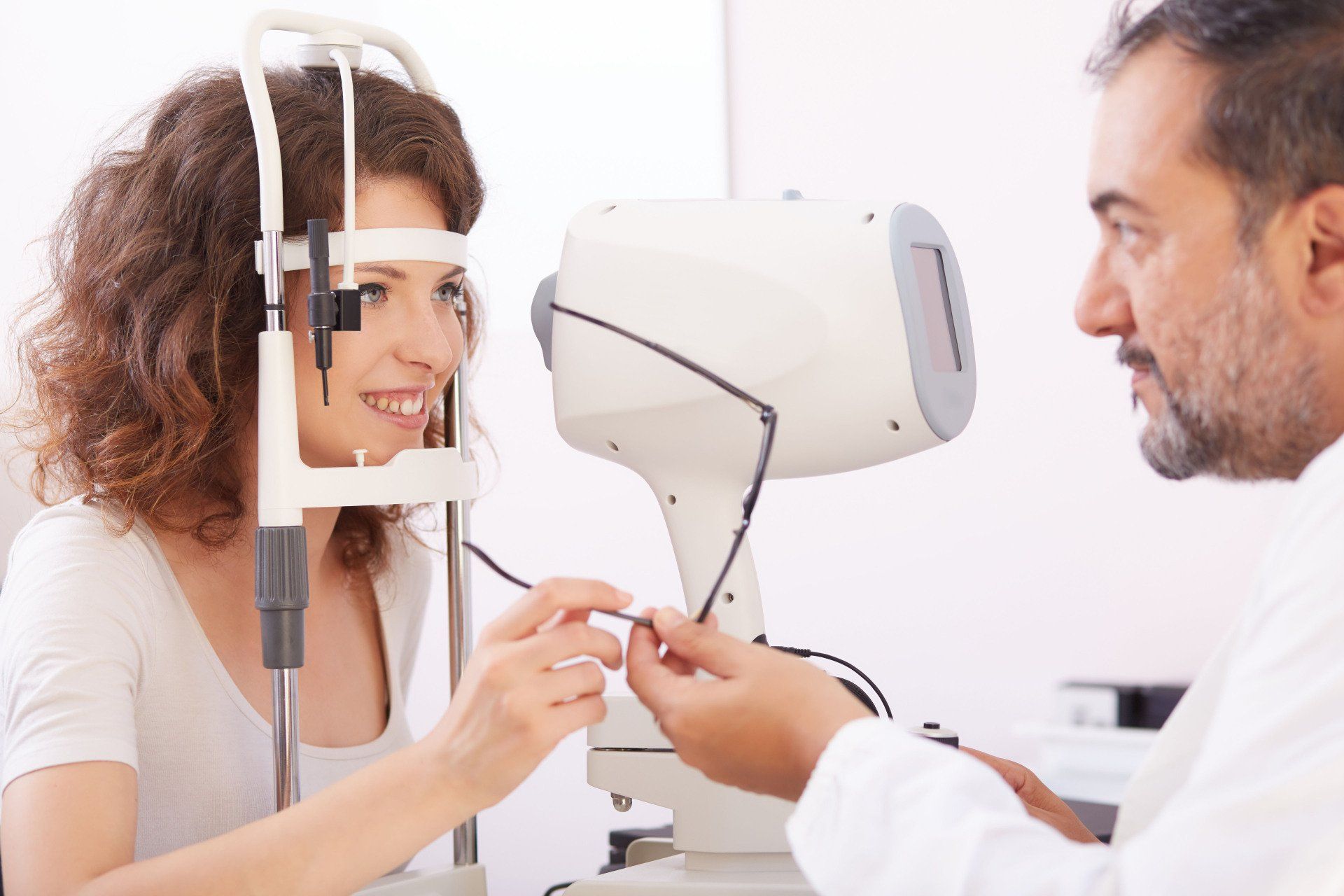

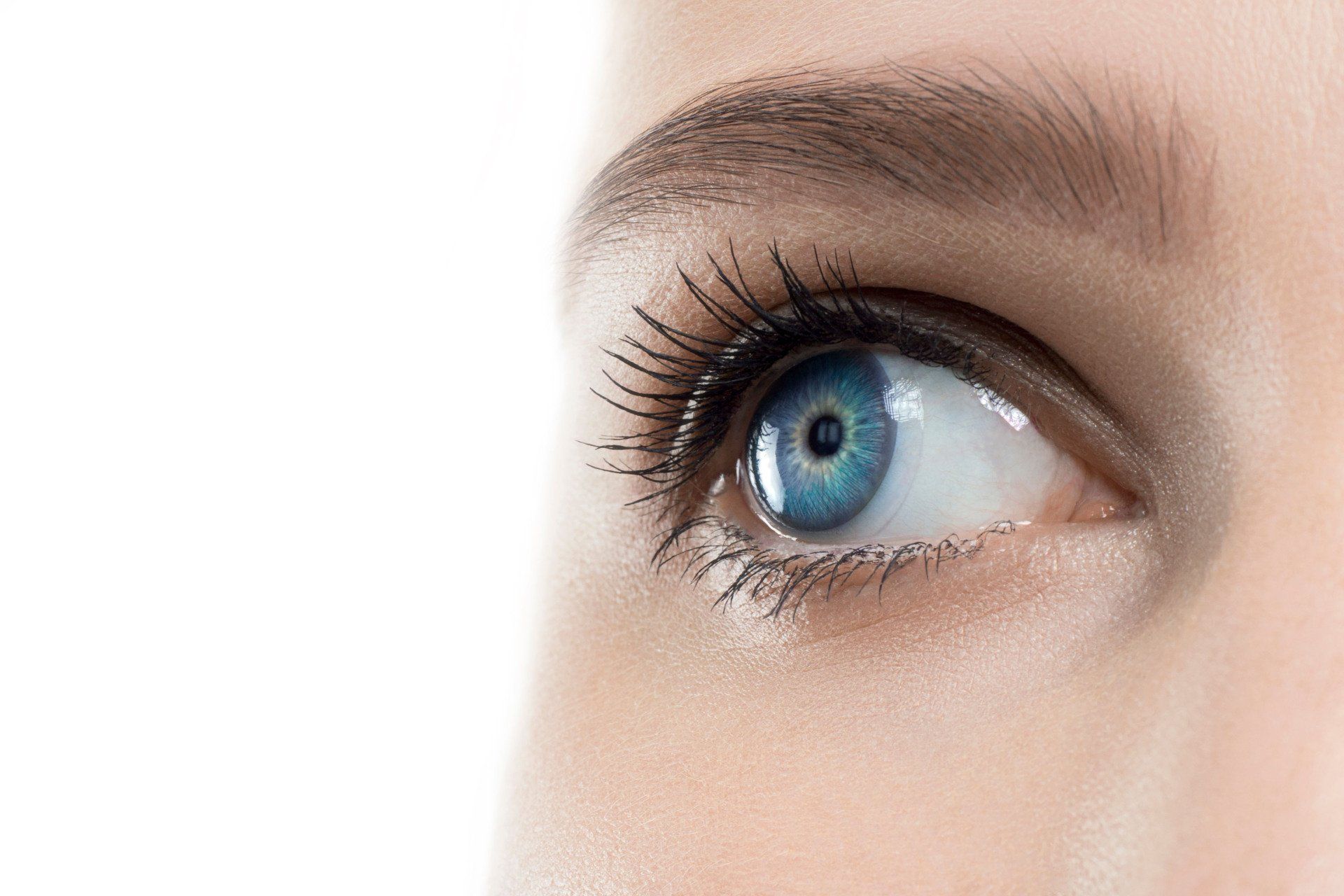
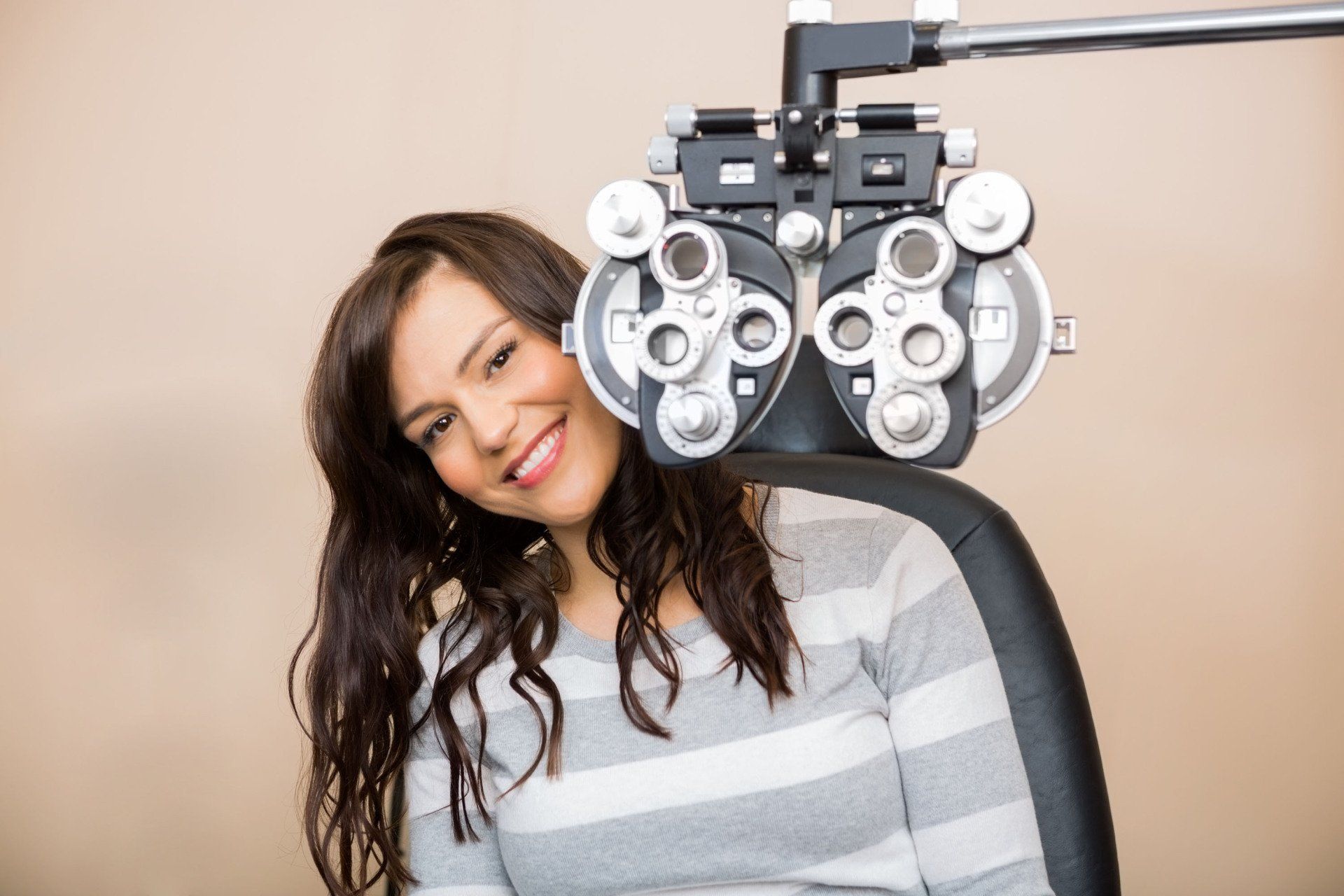
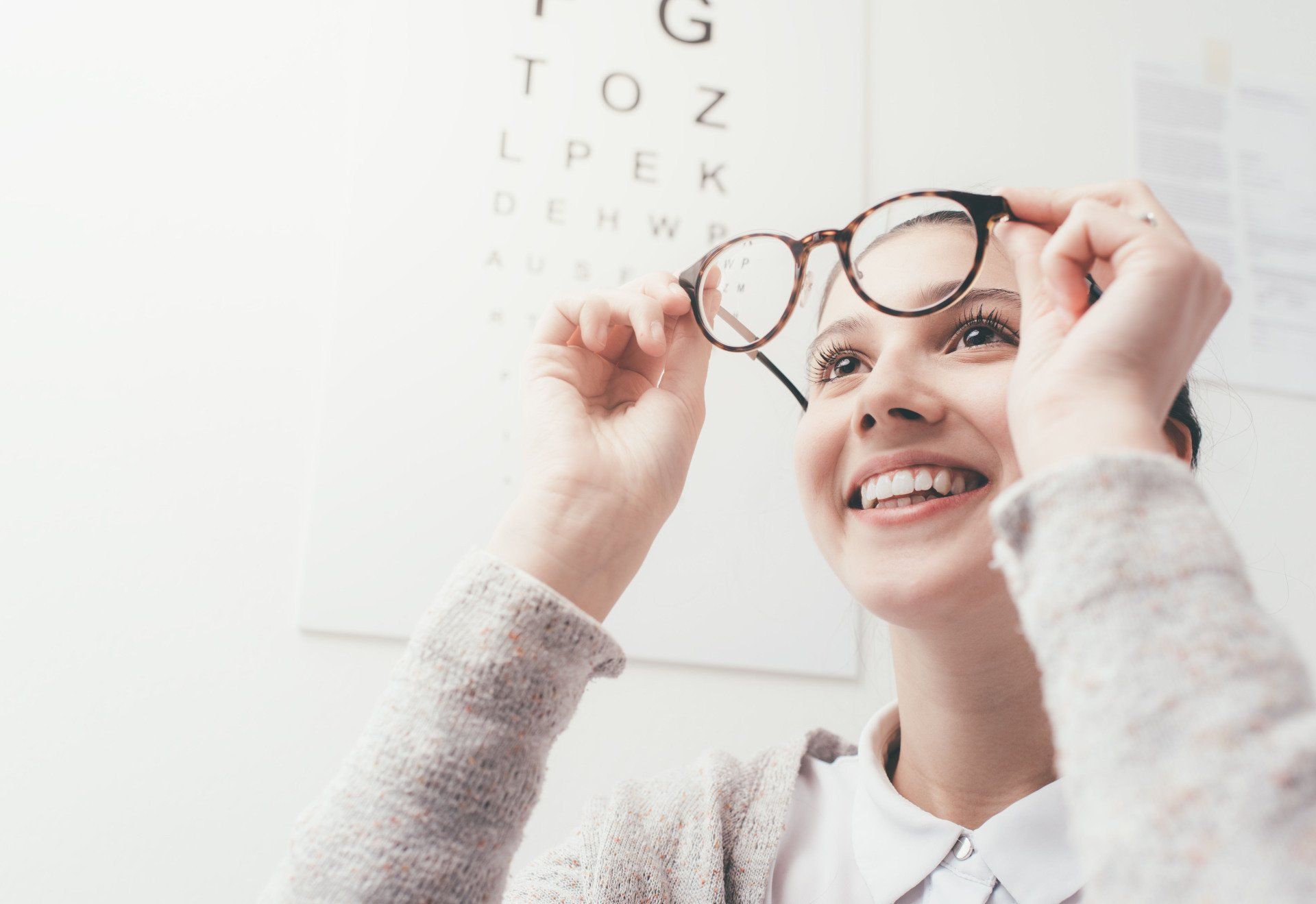
Share On: